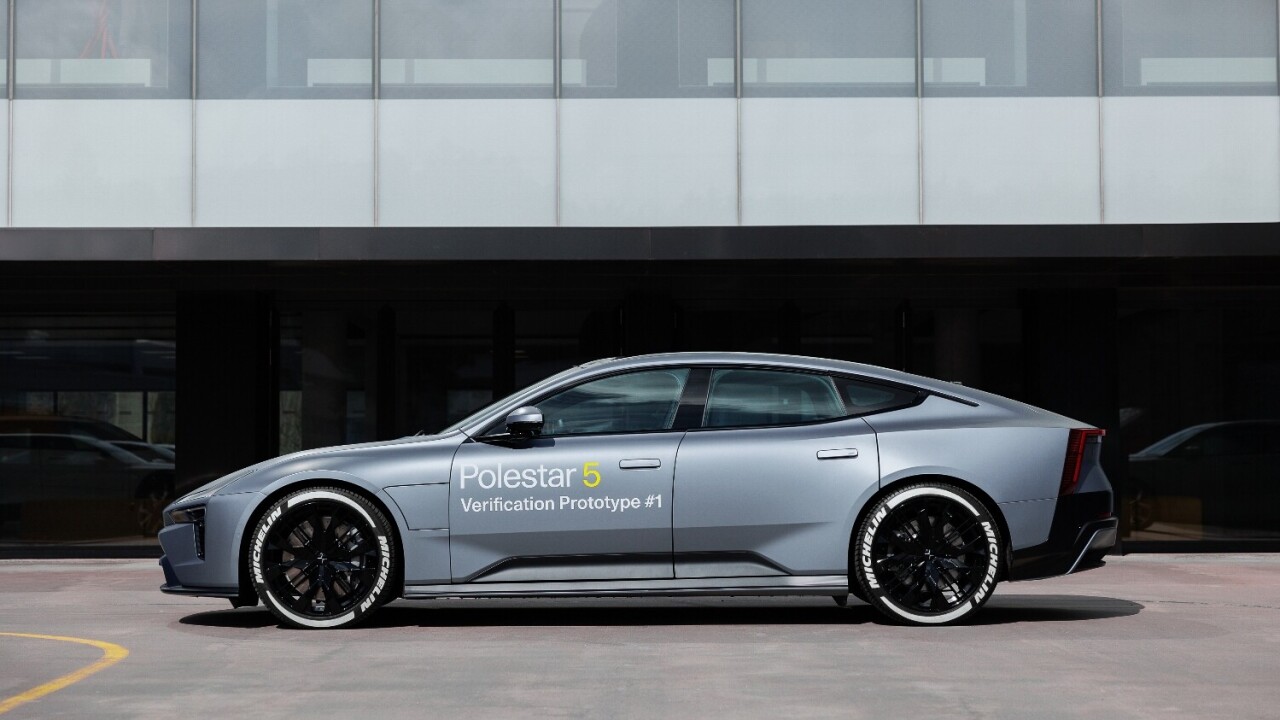
Polestar has successfully charged its upcoming EV model in just 10 minutes.
The Swedish car maker achieved the feat using a “silicon-dominant” battery built by Israeli startup StoreDot.
Polestar installed the battery in a fully drivable prototype of its Polestar 5 model, set to go on sale next year. It managed to charge the EV from 10% to 80% under the 10-minute time cap.
StoreDot’s batteries use silicon anodes instead of graphite. Silicon anodes can store 10 times the amount of lithium ions that graphite can, while taking up a lot less space. This means more efficient batteries that last longer and can charge faster.
Polestar and StoreDot claim this is the fastest charge time ever recorded for an EV fitted with silicon-dominant battery cells.
“Drivers can now truly travel long distances with the same freedom and convenience as traditional petrol-powered vehicles,” said Dr Doron Myersdorf, CEO of StoreDot.
StoreDot’s batteries can be added to existing EV bodies. They can be charged using regular DC chargers.
“This technology will reshape consumer expectations and accelerate mass EV adoption by making EV ownership a seamless experience for the mass market,” said Thomas Ingenlath, CEO of Polestar.
EV makers are on the search for better batteries to meet customer demand for longer range and faster charging. The race is on for the winning chemistry.
Toyota, for one, is developing solid-state battery technology that could provide a whopping 1,500km of range by 2027. Dutch startup Lionvolt is also working on solid-state batteries that are twice as dense as a lithium-ion equivalent.
StoreDot plans to deliver its first batteries to customers this year. By 2028, the company aims to build cells that can receive 160 kilometres-worth of charge in just three minutes.
Get the TNW newsletter
Get the most important tech news in your inbox each week.




